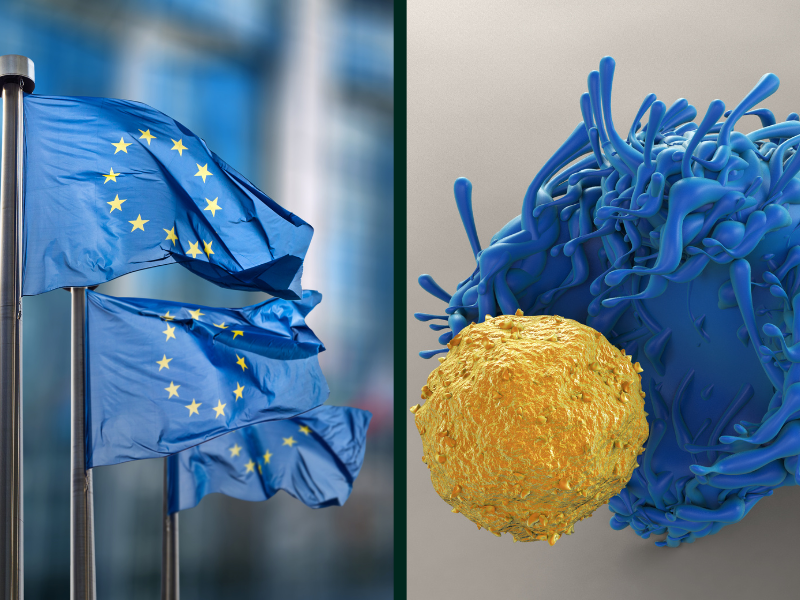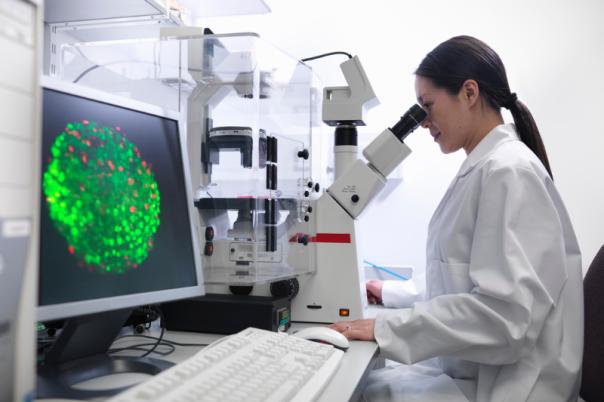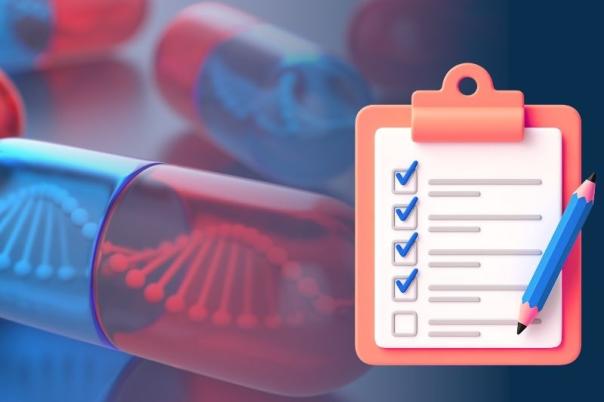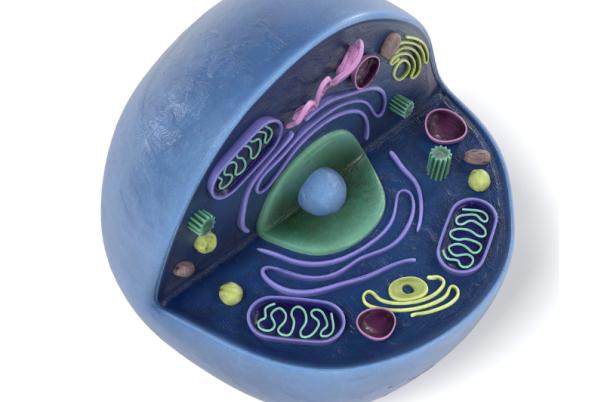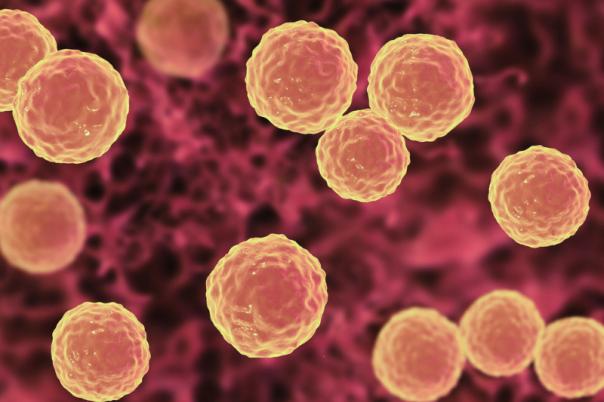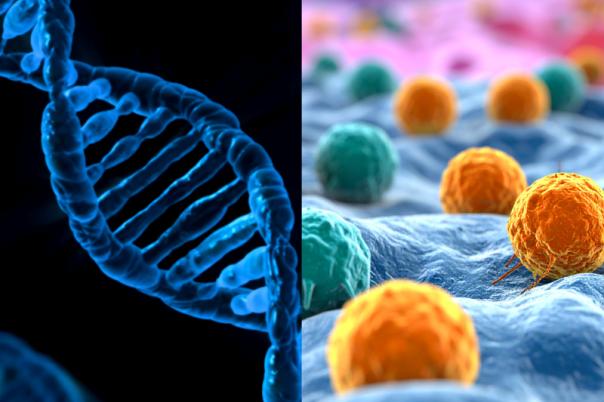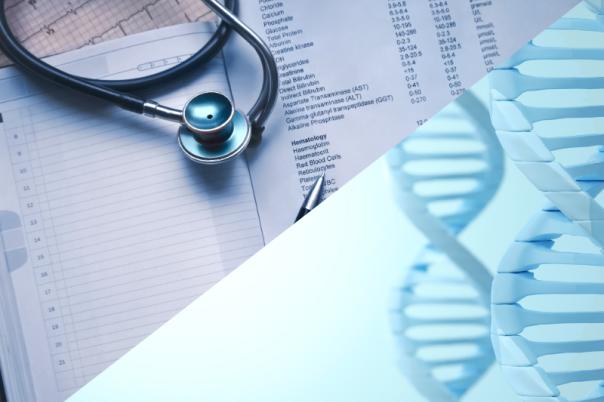The European Commission has granted marketing authorisation to Aucatzyl (obecabtagene autoleucel), a novel CAR T cell therapy for relapsed or refractory B-cell precursor acute lymphoblastic leukaemia (r/r B-ALL). ALL is an aggressive blood cancer which can spread to many organs in the body.
Aucatzyl was developed by Autolus Therapeutics, an early-commercial stage biopharma company currently focused on T cell therapies. This autologous CAR T cell therapy uses a CD19 chimeric antigen receptor (CAR) which was developed by a Martin Pule’s team at University College London with collaboration from Great Ormond Street Hospital and University College London Hospital.
This authorisation grants Autolus the ability to market their therapy to adults over the age of 26 in the 27 European Union Member States. Autolus’s CEO, Christian Itin, said: “We believe Aucatzyl represents an important new treatment option for physicians treating adult r/r B-ALL patients. With the EU marketing authorization, we are now evaluating market entry opportunities in EU countries.”
There are approximately 6000 new cases of ALL diagnosed in European patients every year. Survival rates for the disease have historically been very poor in those patients, representing an unmet therapeutic need.
The authorisation was based on results from the open-label, multi-centre, single arm clinical trial named FELIX. Results from FELIX were published in the New England Journal of Medicine in November 2024.
76.6% of the 96 patients in cohort IIA who received an infusion of Aucatzyl exhibited either complete response or complete response with incomplete haematological recovery (CR/CRi). The median response duration among all patients who received infusions was 21.2 months. The median event-free survival (EFS) was 11.9 months, with estimated event-free survival rates of 65.4% at 6 months and 49.5% at 12 months.
